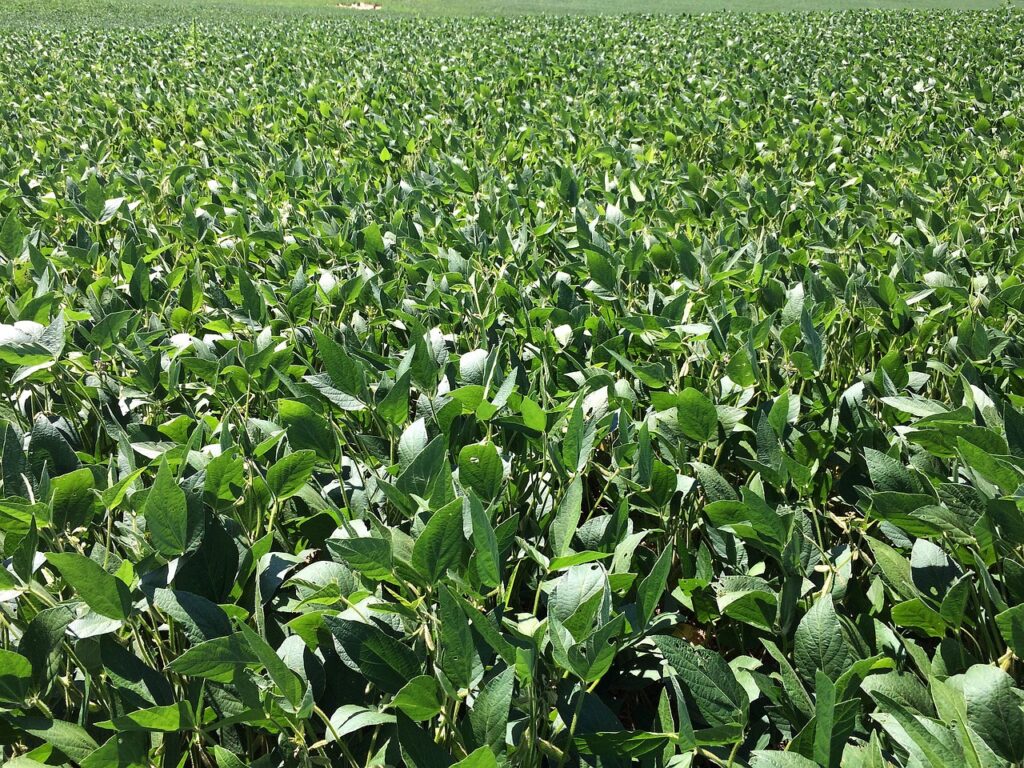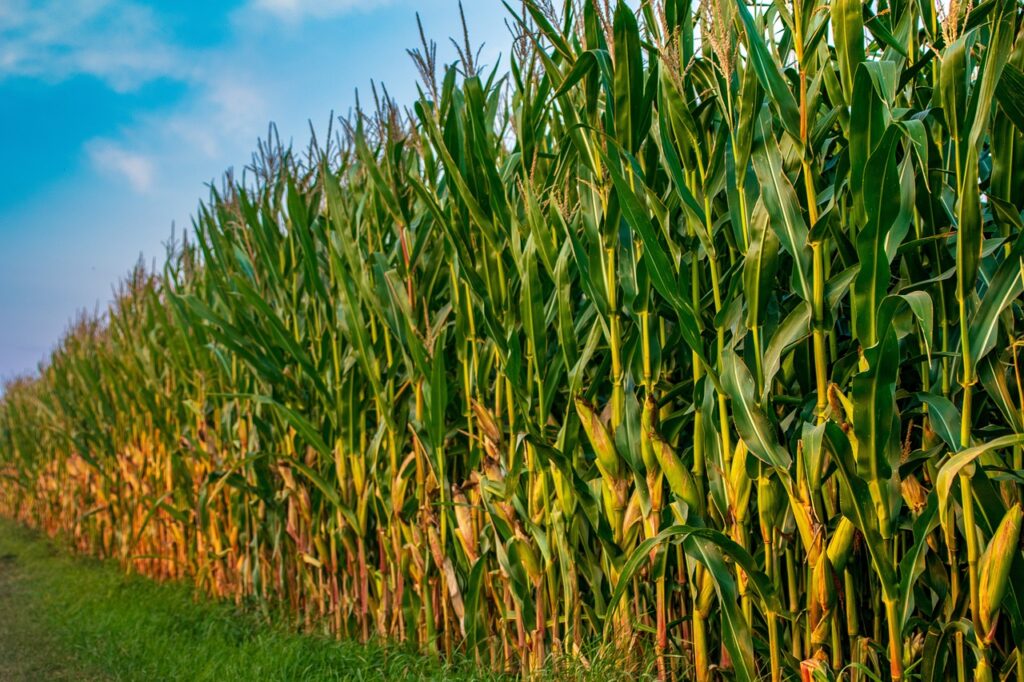Elon Musk Kills the Farm Bill
Trump and Vance Scurry Along in AgreementIn an unprecedented move on Wednesday, December 18, the richest man in the world single-handedly stopped a House continuing budget that would have kept the government funded until next March. Now, it appears that the move will lead to a federal shutdown with far-reaching consequences. Flight controllers will not be paid during the holidays, nor will employees of other federal agencies like Border Patrol and Customs and Border Protection (CBP).
And of special importance to Iowa, the bill would have provided funding for disaster relief and kept funding for the Farm Bill. But Musk, Trump, and Vance showed zero respect for Iowa.
Already, he is being called “President Musk,” because he unilaterally stopped the bill, before Trump and Vance hurriedly agreed with him that the bill should not proceed. And perhaps, because he was the only person to show leadership on the issue, despite his wrong-headed decision. And the way the events unfolded may be an omen for the next Trump administration: confusion, chaos, and national leadership by a foreign national who was never elected or appointed to an office.

So, what could de-funding the Farm Bill mean to Iowans, and most Americans?
The Farm Bill, a comprehensive piece of U.S. legislation renewed every five years, governs agricultural policy, food security programs, conservation efforts, and rural development. Eliminating the Farm Bill could have far-reaching consequences across multiple sectors, including agriculture, food systems, rural economies, and environmental sustainability. Following are potential impacts:
Agricultural Sector Disruptions
Loss of Farm Subsidies: Farmers, especially small-scale and family-owned operations, would lose access to subsidies that stabilize crop prices, support income, and manage risks like market fluctuations and natural disasters.
Market Volatility: Without federal price supports and insurance programs, agricultural markets could become highly unstable, leading to unpredictable food costs and potential shortages.
Decline in Farm Viability: Many farmers, particularly those growing staple crops like corn, wheat, and soybeans, may struggle to remain profitable, leading to widespread farm closures and consolidation by large agribusinesses.
Food Security and Nutrition
Cuts to SNAP (Food Stamps): The Supplemental Nutrition Assistance Program (SNAP), which assists millions of low-income individuals and families, is a major component of the Farm Bill. Its elimination could increase food insecurity and poverty.
Increased Hunger: Vulnerable populations, including children, the elderly, and disabled individuals, would face higher risks of hunger without access to food assistance programs.
Strain on Charitable Organizations: Food banks and charities would likely experience overwhelming demand, exceeding their capacity to provide aid.
Rural Economic Collapse
Loss of Rural Development Programs: The Farm Bill supports rural infrastructure, including broadband expansion, healthcare facilities, and small businesses. Eliminating these programs would hinder economic growth and development in rural areas.
Outmigration: As rural economies decline, residents may migrate to urban areas in search of better opportunities, leading to depopulation and the erosion of rural communities.
Job Losses: Agricultural and related industries, which employ millions of Americans, would face significant challenges, resulting in job losses and economic instability.
Environmental and Conservation Setbacks
Reduced Conservation Efforts: The Farm Bill funds programs that protect soil health, water quality, and wildlife habitats. Eliminating these initiatives could lead to increased environmental degradation.
Climate Change Impacts: Without incentives for sustainable farming practices, agricultural activities might contribute more significantly to climate change through increased greenhouse gas emissions and deforestation.
Loss of Biodiversity: Conservation programs that preserve wetlands, forests, and grasslands would be jeopardized, threatening biodiversity.
Food System Inequities
Corporate Dominance: Large agribusinesses, which have the financial resources to weather market volatility, would gain even more control over the food system, reducing competition and increasing costs for consumers.
Higher Food Prices: The loss of programs stabilizing food supply chains could lead to price hikes, disproportionately affecting low- and middle-income households.
Public Health Implications
Nutrition Gaps: Without federal programs promoting healthy eating, such as school lunch programs and nutritional education, public health issues like obesity and malnutrition could worsen.
Increased Healthcare Costs: Poor nutrition often leads to chronic health conditions, placing additional strain on the healthcare system.
National Security Risks
Food Supply Vulnerabilities: The U.S. could become more dependent on imported food, making the country vulnerable to supply chain disruptions caused by international conflicts, trade disputes, or natural disasters.
Loss of Strategic Reserves: The Farm Bill supports programs that maintain reserves of essential crops, critical during emergencies. Eliminating these could leave the U.S. unprepared for crises.
Conclusion
The Farm Bill is a cornerstone of U.S. policy, balancing the needs of farmers, consumers, and the environment. Its elimination would create cascading effects that disrupt food systems, exacerbate inequalities, harm the environment, and weaken rural communities. And the potential for Washington decision making like this – based on the whim of a billionaire and not accompanied by a solid reason or rationale – may portend the next four years of chaotic leadership in the United States.


